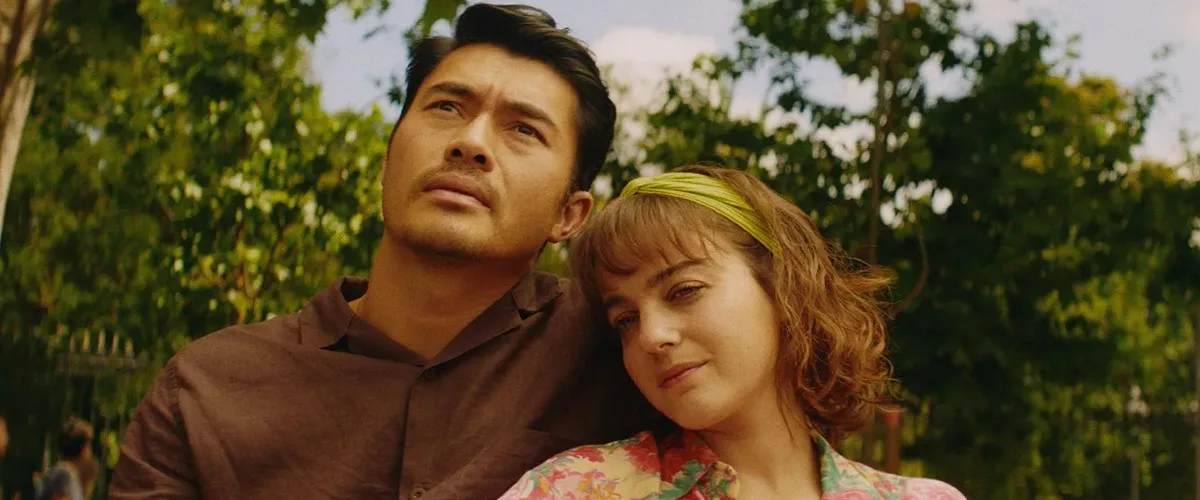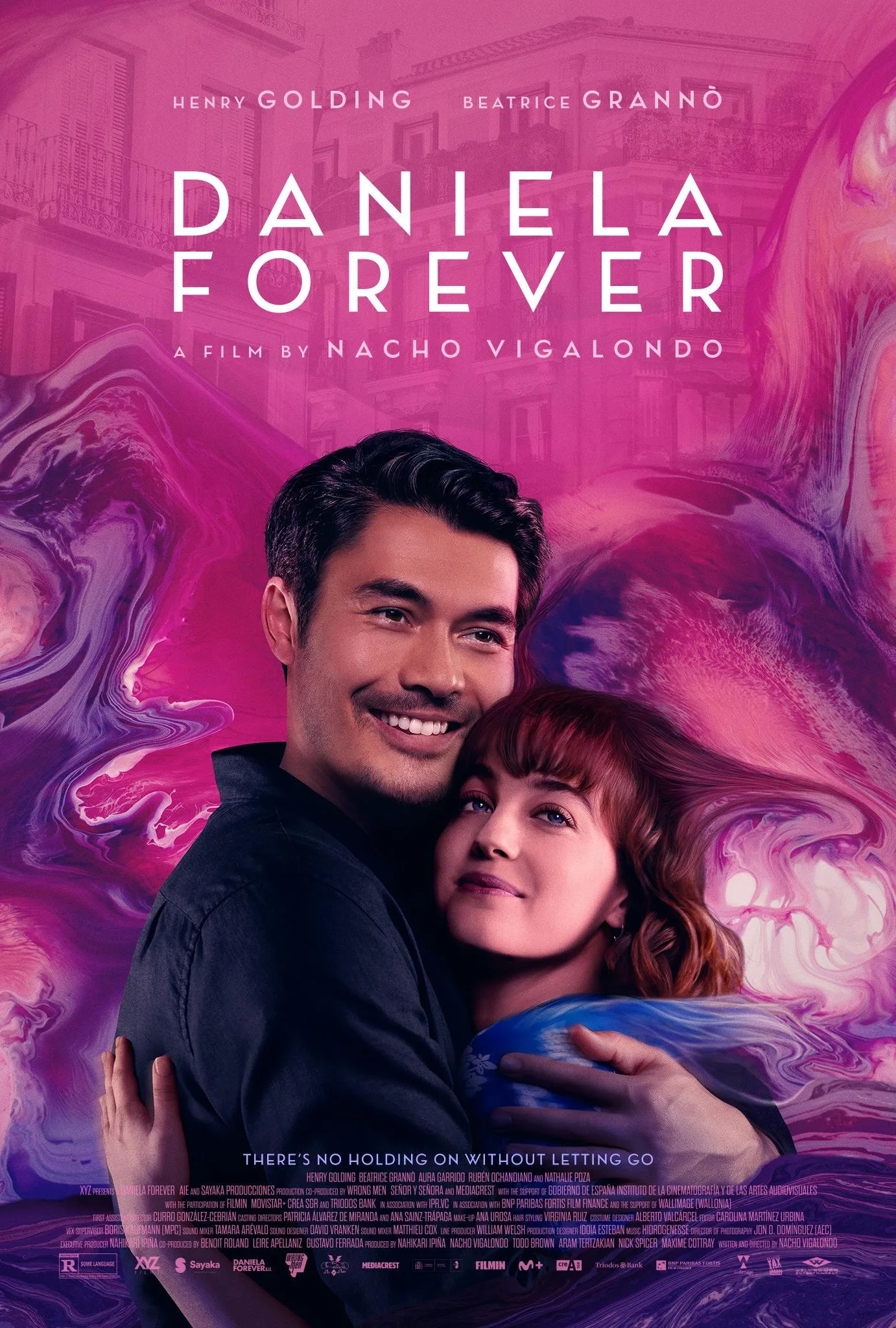“Daniela Forever,” Nacho Vigalondo’s first film since his excellent “Colossal,” eight years ago, is a baffling disappointment, a sci-fi mindbender with echoes of “Eternal Sunshine of the Spotless Mind” and “Inception,” but no idea what to do with its many ideas or what it’s ultimately trying to say. It devolves into such a shapeless blob that any effort to pick apart its themes feels like fighting with its creator, who may have a firm grip on what he’s trying to say regarding grief, regret, and even agency, but can’t figure out how to convey that to an audience. The result is a deeply frustrating film, a movie that only reminds one how hard it is to do this kind of high-concept sci-fi thing well. This is what happens when an undeniably talented creator lets it get away from them.
Nicolas (Henry Golding) is a DJ who has just lost the love of his life, Daniela (Beatrice Grannò). He joins an experimental program a la “Spotless Mind” that promises him lucid dreams, with the assumption being that if people could control visions of lost loved ones, it would help them better manage their grief. Want one more catch with Dad? One more walk on the beach with your wife? It’s a great idea for a feature, but that’s precisely where Vigalondo gets stuck, refusing to really explore the potential of his high concept in favor of wallowing in the misery of his protagonist.
First, Nicolas discovers that he has to remember things for them to be in his dreams, meaning he can’t go places he’s never been. Again, a great idea in that it addresses the restrictive nature of grief—people being locked in specific times and places in memory. Nicolas’s control over his dream Daniela is supposed to feel creepy at first, but, again, Vigalondo can’t figure out what he’s trying to say with his very own Ruby Sparks, especially as she gains her own sort of agency, incorporating her own needs and ideas into the visions. Even as Daniela becomes more real, Nicolas becomes more controlling, wanting only the memory of her, not the real person.
It probably all sounds really interesting! It is, on paper. But the pacing is leaden, and the narrative logic feels made up as it goes along. Golding gets lost playing a character who is at the whim of however the technology and even the real world choose to work in that specific scene. By the end, all lines have been blurred, and the emotional threads are smothered by just trying to track what people are doing and what they want from a specific scene. It becomes exhausting.
Vigalondo and his D.P. Jon D. Dominguez create an intriguing visual language for the film, shooting reality in a boxy aspect ratio with flat technology that resembles an old VHS recording, and expanding to a colorful widescreen in the lucid dreams. And they fashion some fantastic sequences, such as when Nicolas & Daniela realize the limits of their dream city—gray blobs exist at the end of streets he’s never been down and so doesn’t have the mental imagery to recreate—and a great scene in which Nicolas struts through a dream as people and cars bounce off him like he’s Superman.
Even this scene ultimately feels hollow. “Daniela Forever” is what happens when a talented filmmaker has dozens of ideas but never takes the time to connect them or deepen them. In the end, he seems content to simply live in the shallow end of grief, splashing around and making lots of noise, but never diving deep.




















